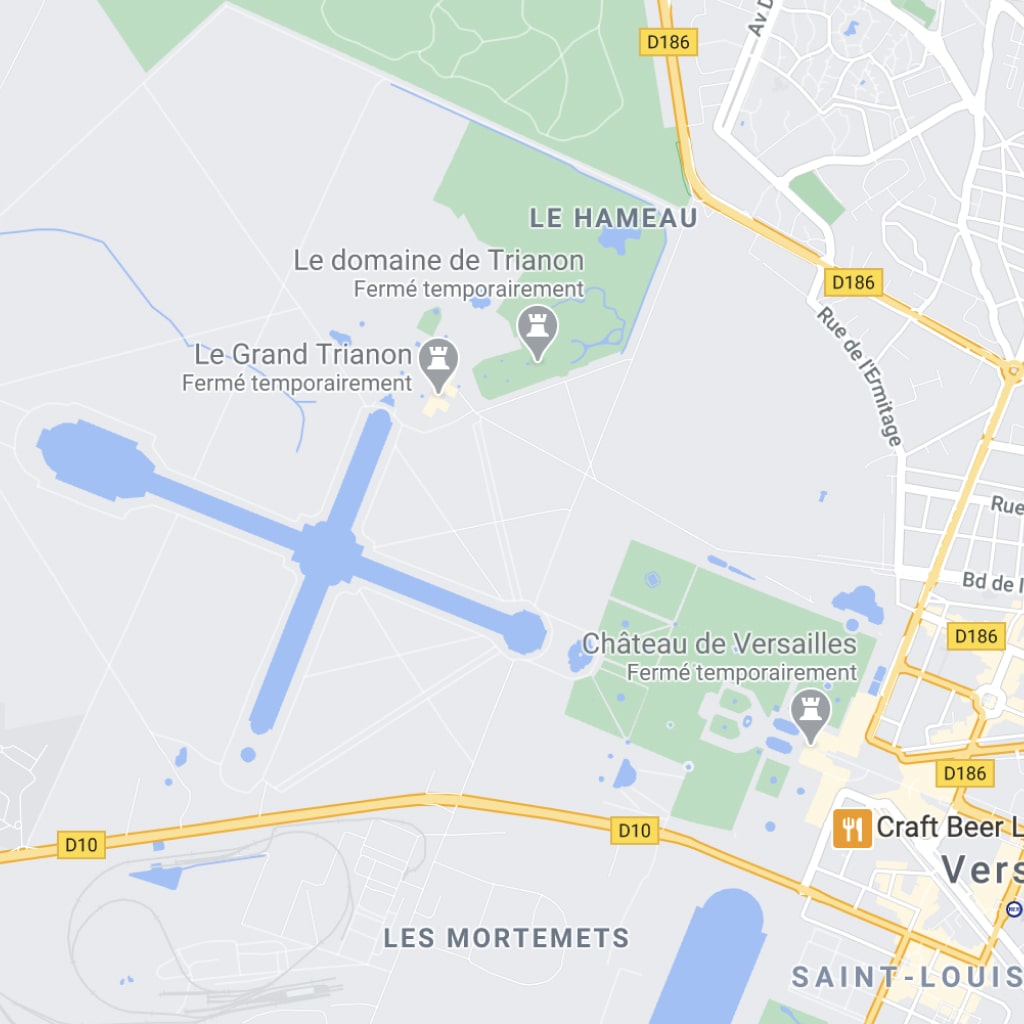The kings of France were constantly surrounded by a large number of courtiers, most of whom were part of the nobility. To earn the king’s favour it was necessary to spend time in the royal residences and stick to etiquette. A constantly hovering presence was rewarded with financial allowances, gifts, accommodation in the Palace of Versailles, and regular invitations to celebrations and ceremonies.

Courtiers The nobility surrounding the king
“The whole of France gathered around the King”. The Palace of Versailles allowed a large Court to live close to the King. Depending on the day, there were between 3,000 and 10,000 people here, forming a highly variegated society governed nonetheless by a strict hierarchy that applied to all. Some were there by right of birth, others by social obligation, others through interest or curiosity, and others simply to earn a living. The high-ranking nobles were constantly present, alert to every opportunity to solicit the favour of the master of Versailles.
Courtiers had to follow a strict etiquette. Meticulous rules established the order of precedence and laid down who could approach the most important figures of the Court, as well as where and when. Body language and manners of speech were also ruled by strict codes that varied subtly depending on the circumstances. Rules also governed the titles to be used to address other persons and even the right to sit down or use an armchair, chair or stool...
TITRE DE L'ENCART
Members of the royal family and those with important roles had apartments overlooking the gardens, while courtiers of lesser importance were accommodated on the city-side or in the Palace outbuildings, such as the Grand Commun or the Stables.
Courtiers with a role were said to be “established” in the Court. Such roles were inherited or could be bought, often for an extremely high price, and came with a function or duty. The king’s approval was essential for the most important, such as for the Secretaries of State, but for a simple Valet de Chambre-Barber, the approval of the Grand Chamberlain was sufficient. Accommodation in the Palace was also highly sought after, since it avoided the need for travelling and provided a space to retire to when not carrying out Courtly duties. Members of the royal family and those with important roles had apartments overlooking the gardens, while courtiers of lesser importance were accommodated on the city-side or in the Palace outbuildings, such as the Grand Commun or the Stables.
Serving the king in the army or in high-level administration was the primary way of winning royal favour, although the art of Court appearances remained essential. Individual talents or virtues, such as beauty or intellect, rivalled with stunning finery as a means of attracting the monarch’s attention. By affording a bigger role to the Court than Henry IV and Louis XIII had done, Louis XIV restored a sense of service among the nobility. Thus as service came to be seen as a way of being useful to the kingdom and pleasing to the sovereign, this very perception helped the sovereign maintain control over the nobility, therefore strengthening the authority of the crown.









